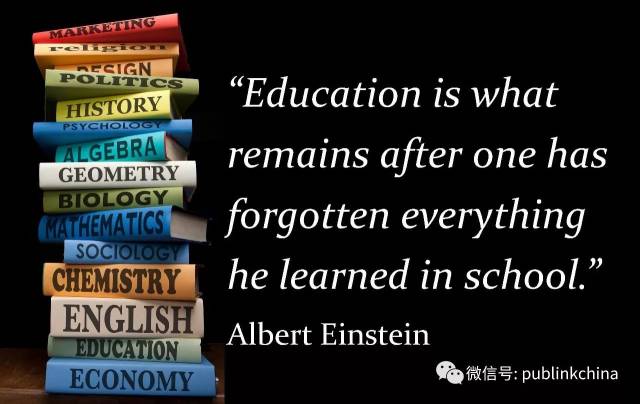A Comprehensive Guide on How to Apply for a Federal Student Loan: Everything You Need to Know
#### IntroductionApplying for financial aid can often feel overwhelming, especially when it comes to securing funds for your education. One of the most popu……
#### Introduction
Applying for financial aid can often feel overwhelming, especially when it comes to securing funds for your education. One of the most popular options available to students in the United States is to **apply for a federal student loan**. This guide is designed to walk you through the process, highlighting essential steps, eligibility requirements, and tips for a successful application.
#### Understanding Federal Student Loans
Federal student loans are loans provided by the government to help students pay for their education. Unlike private loans, federal loans typically offer lower interest rates and more flexible repayment options. The two main types of federal student loans are Direct Subsidized Loans and Direct Unsubsidized Loans. Subsidized loans are need-based and do not accrue interest while you are in school, while unsubsidized loans are available to all students regardless of financial need but do accrue interest.
#### Why You Should Apply for a Federal Student Loan
There are several compelling reasons to **apply for a federal student loan**. First and foremost, federal loans often come with benefits that private loans do not offer. These benefits include income-driven repayment plans, deferment options, and potential loan forgiveness programs for public service workers. Additionally, federal loans do not require a credit check, making them accessible to a broader range of students.

#### Steps to Apply for a Federal Student Loan
1. **Complete the FAFSA**: The first step in the process is to fill out the Free Application for Federal Student Aid (FAFSA). This form collects your financial information and helps determine your eligibility for federal student loans and other forms of financial aid. You can complete the FAFSA online, and it is essential to do so as early as possible to maximize your aid opportunities.
2. **Review Your Student Aid Report (SAR)**: After submitting your FAFSA, you will receive a Student Aid Report, which summarizes your financial information and outlines your eligibility for federal aid. Review this report carefully for any errors and make necessary corrections.
3. **Receive Your Financial Aid Offer**: Once your FAFSA has been processed, your school will send you a financial aid offer detailing the types and amounts of aid you are eligible for, including federal student loans.
4. **Accept Your Loans**: If you decide to accept the federal student loans offered to you, you will need to sign a Master Promissory Note (MPN), which is a legal document in which you agree to the terms of the loan.

5. **Complete Entrance Counseling**: Before receiving your loan funds, you may be required to complete entrance counseling, which provides important information about loan repayment and your rights and responsibilities as a borrower.
#### Tips for a Successful Application
- **Be Accurate**: Ensure that all the information you provide on your FAFSA is accurate and up-to-date. Inaccuracies can delay your application and affect your eligibility for aid.
- **Meet Deadlines**: Keep track of deadlines for submitting the FAFSA and any additional documents required by your school.
- **Explore Additional Resources**: Besides federal loans, consider other forms of financial aid, such as scholarships and grants, which do not need to be repaid.

#### Conclusion
Deciding to **apply for a federal student loan** is a significant step in financing your education. By understanding the process and preparing accordingly, you can navigate the application with confidence. Remember, federal student loans can be a valuable resource, providing you with the financial support you need to achieve your educational goals. Take the time to research and understand your options, and don’t hesitate to reach out for help if needed. Your future is worth the investment!